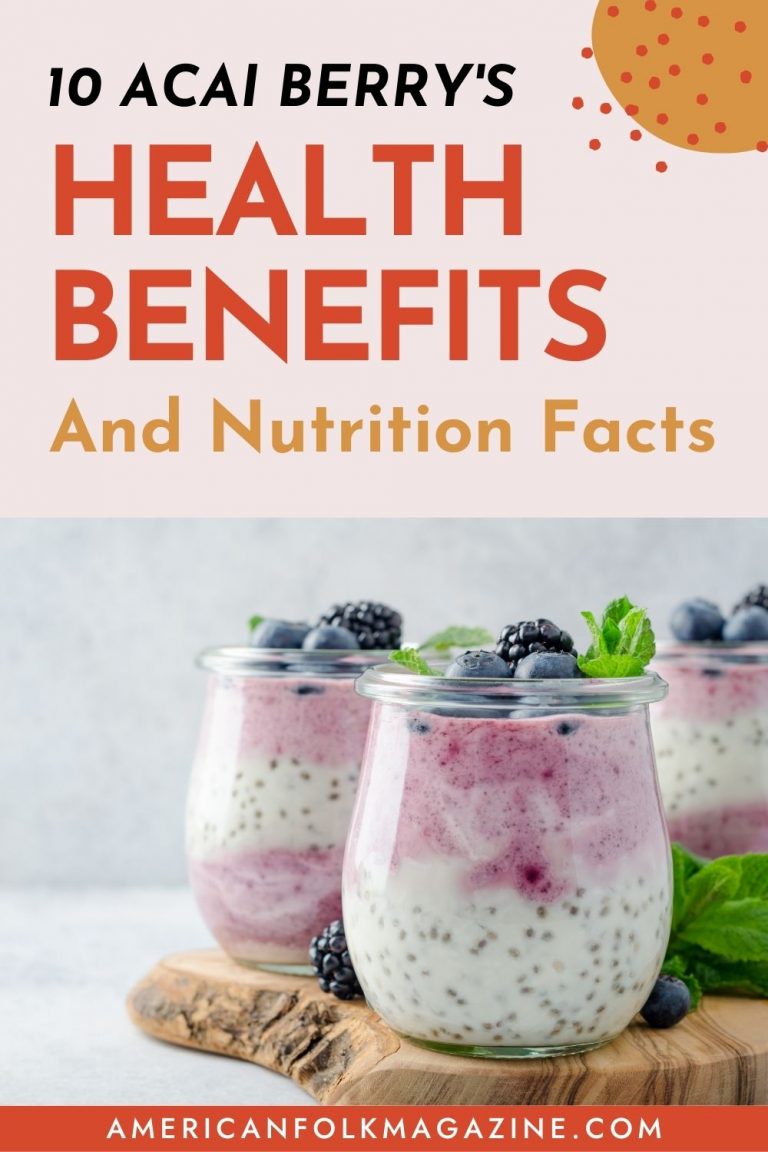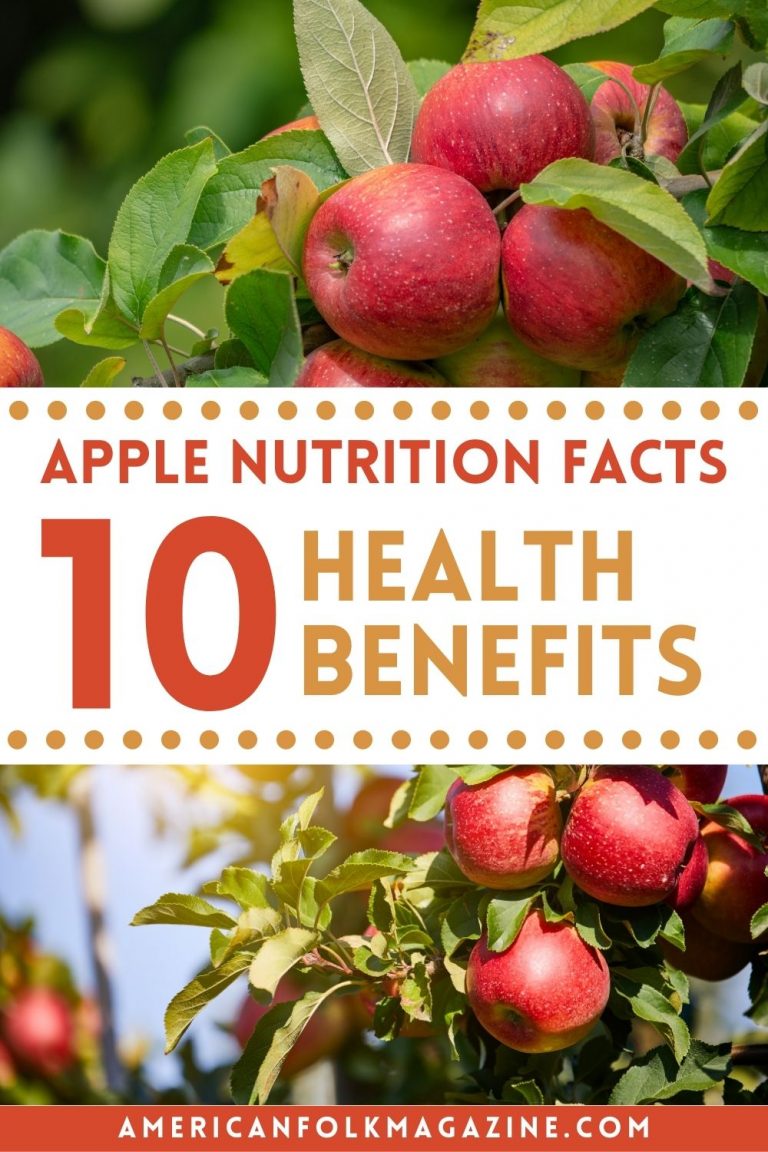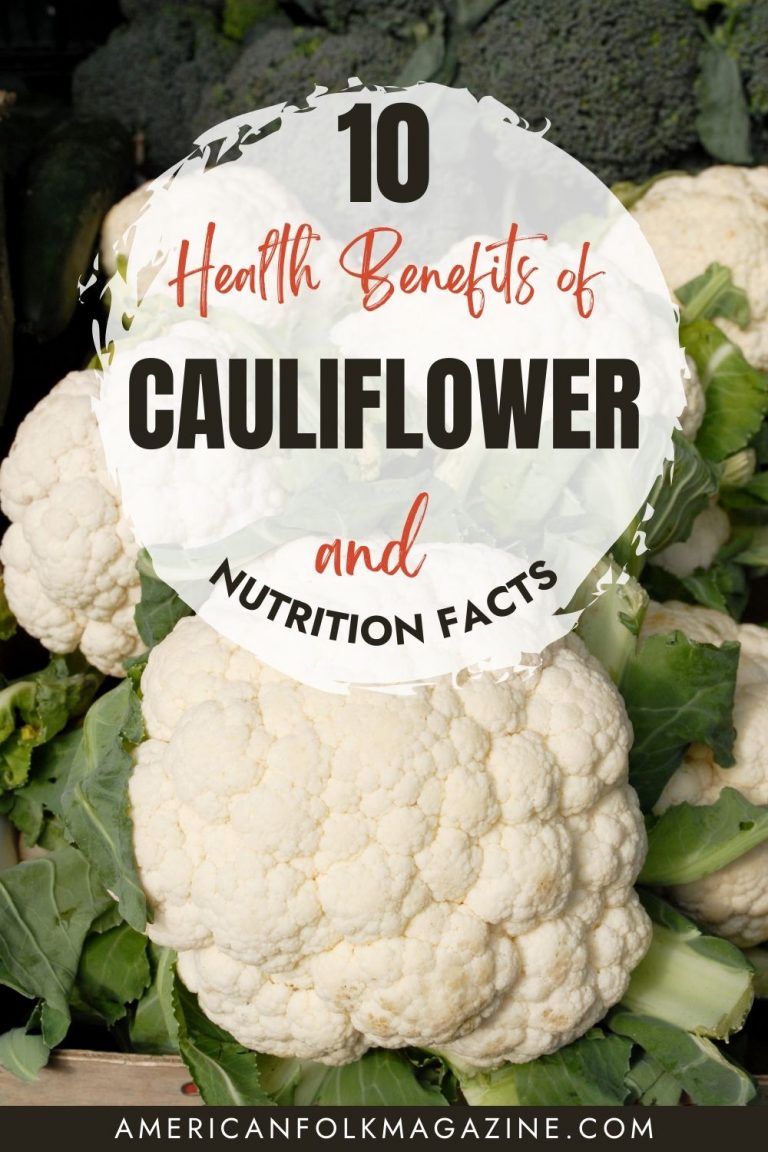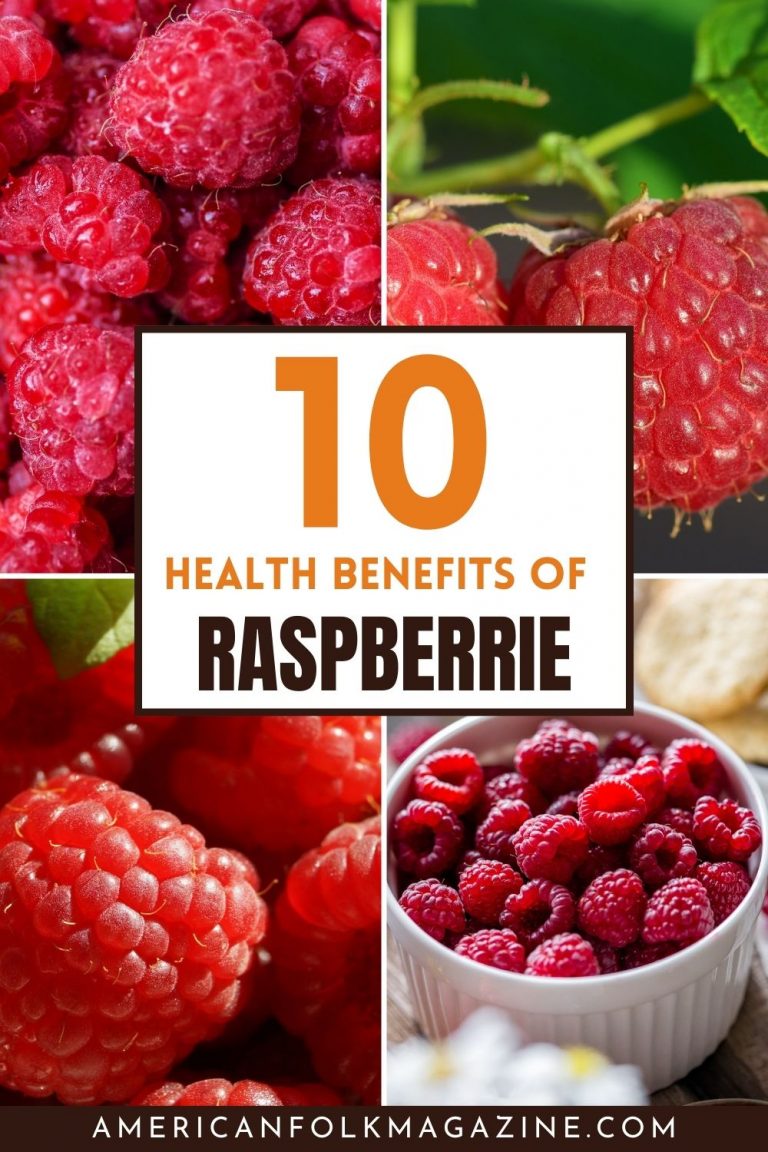Cantaloupe is a delicious and refreshing fruit that is loved by many. In this article, we will explore the various aspects of cantaloupe, including its origin, nutritional profile, health benefits, and ways to incorporate it into your diet. So, let’s dive in and discover the wonders of this juicy fruit.
What is Cantaloupe?
Cantaloupe, also known as muskmelon, is a type of melon that belongs to the Cucurbitaceae family. It is believed to have originated in Persia and was later introduced to Europe and the Americas.
Cantaloupes have rough, netted skin and sweet, orange flesh. They are known for their juicy texture and refreshing taste.
When it comes to nutrition, cantaloupes are a powerhouse of vitamins and minerals. They are low in calories and high in essential nutrients, making them a healthy choice for a snack or addition to meals.
Cantaloupe Nutrition Facts
Cantaloupes are packed with a variety of nutrients that are beneficial for our overall health. They are an excellent source of vitamin C, which helps boost the immune system and promote healthy skin.
Additionally, cantaloupes are rich in vitamin A, which is essential for good vision and supports the health of our skin and mucous membranes.
Moreover, cantaloupes contain potassium, a mineral that plays a crucial role in maintaining proper electrolyte balance in our bodies. They are also a good source of dietary fiber, which aids in digestion and helps prevent constipation.
Compared to other fruits, cantaloupes stand out for their high water content, which makes them a hydrating choice during hot summer days.
Here’s a nutritional table for cantaloupe based on a serving size of 1 cup (177 grams):
| Nutrient | Amount |
|---|---|
| Energy (calories) | 60.2 |
| Carbohydrate | 14.4g |
| Dietary Fiber | 1.6g |
| Sugars | 13.9g |
| Protein | 1.5g |
| Total Fat | 0.3g |
| Vitamin A | 270mcg RAE |
| Vitamin C | 65mg |
| Vitamin K | 4.7mcg |
| Folate | 37.2mcg DFE |
| Calcium | 15.9mg |
| Iron | 0.4mg |
| Magnesium | 21.2mg |
| Phosphorus | 26.6mg |
| Potassium | 473mg |
| Sodium | 28.3mg |
| Selenium | 0.7mcg |
| Beta Carotene | 3,240mcg |
| Lutein + Zeaxanthin | 46mcg |
Top 10 Health Benefits of Cantaloupe
1. Hydration and Electrolyte Balance
Cantaloupes are composed of nearly 90% water, which makes them a fantastic choice for staying adequately hydrated. Consuming foods with high water content can contribute significantly to your overall fluid intake, promoting hydration.
Cantaloupes also contain potassium, an essential mineral that maintains the electrolyte balance in our bodies, supports heart function, and helps muscle contraction.
Consuming around one cup of cantaloupe provides 10% of the recommended daily intake of potassium.
2. Rich in Antioxidants
Cantaloupes are a powerhouse of antioxidants, particularly vitamin C and beta-carotene. Antioxidants help protect our cells from damage caused by harmful free radicals, unstable molecules that can lead to chronic illnesses when their levels become too high in the body.
A single cup of cantaloupe contains about 50% of the daily recommended intake of vitamin C and more than 100% of the daily recommended intake of beta-carotene.
3. Eye Health
Cantaloupes are packed with vitamin A, an essential nutrient for maintaining good vision.
Vitamin A helps the retina to function properly and is crucial in preventing age-related macular degeneration, a common eye condition that causes vision loss.
Eating one cup of cantaloupe can provide about 25% of the daily recommended intake of vitamin A.
4. Asthma Prevention
Research indicates that the antioxidants found in cantaloupes, particularly beta-carotene, may help in asthma prevention.
Some studies suggest that people with high intakes of certain nutrients, including beta-carotene, may have a lower risk of developing asthma.
5. Blood Pressure Regulation
The potassium content in cantaloupes can play a significant role in blood pressure regulation.
Potassium helps balance the effects of sodium and maintain a healthy blood pressure. Regular consumption of potassium-rich foods like cantaloupes can potentially reduce the risk of hypertension.
6. Cancer Prevention
The antioxidants in cantaloupes, including vitamin C and beta-carotene, have been linked to a reduced risk of certain types of cancer.
These antioxidants help combat free radicals, thus reducing oxidative stress and inflammation, which are often associated with cancer development.
While more research is needed, some studies suggest that diets rich in beta-carotene may protect against prostate, lung, and breast cancer.
7. Digestive Health
Cantaloupes contain a good amount of dietary fiber, which aids in digestion and helps prevent constipation.
A healthy digestive system can better absorb nutrients, eliminate waste, and maintain a healthy weight.
A single cup of cantaloupe provides about 5% of the daily recommended fiber intake.
8. Skin and Hair Health
Cantaloupes’ high vitamin C content promotes collagen production, which is crucial for maintaining healthy skin and hair. Collagen strengthens the skin, improves elasticity, and can help with skin hydration.
It is also important for healthy hair growth. Consuming foods rich in vitamin C like cantaloupes can support overall skin and hair health.
9. Immune System Support
Cantaloupes are rich in vitamin C, a nutrient that plays a vital role in strengthening the immune system. Vitamin C stimulates the production of white blood cells, which protect the body against infections and disease.
Including cantaloupes in your diet can help ensure you’re getting enough vitamin C to support a strong immune system.
10. Weight Loss and Management
Cantaloupes are low in calories and high in water and fiber, making them a great choice for weight loss and management.
A cup of cantaloupe has just about 60 calories, while its high water and fiber content can help you feel full and satisfied, thereby reducing overeating.
Including cantaloupes in a balanced diet can be beneficial for those looking to maintain a healthy weight or lose some pounds.
How to Incorporate Cantaloupe into Your Diet
There are various ways to enjoy cantaloupe and reap its health benefits. You can simply slice it and enjoy it as a refreshing snack.
It can also be added to fruit salads, and smoothies, or used as a topping for yogurt or cereal. Get creative and experiment with different recipes to make the most of this delicious fruit.
Precautions and Potential Risks
While cantaloupes are generally safe to consume, there are a few precautions to keep in mind. People with certain health conditions, such as diabetes or kidney problems, should monitor their intake of cantaloupes due to their natural sugar and potassium content.
It is also important to wash and prepare cantaloupes properly to reduce the risk of foodborne illnesses.
Conclusion
Cantaloupes are not only delicious but also packed with numerous health benefits. From promoting hydration and electrolyte balance to supporting immune system function, this fruit is a nutritional powerhouse.
So, why not include cantaloupe in your diet and enjoy its sweet and refreshing taste while reaping its many health benefits?
References:
- Cantaloupe: Health benefits and nutrition (medicalnewstoday.com)
- Benefits of Cantaloupe: 7 Healthy Advantages (healthline.com)
- Cantaloupe Nutrition Facts and Health Benefits (verywellfit.com)
- What Cantaloupes Can Do for Your Health (webmd.com)
- Cantaloupe: Health benefits & nutrition facts | Live Science
Pin It In Your Board











